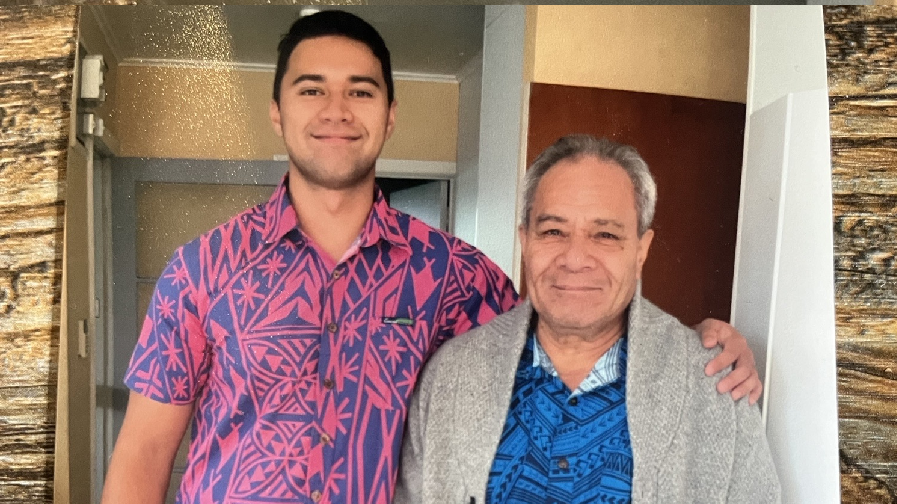Global research shows stigma around dementia leaves families isolated

Loneliness and isolation are some of the major impacts a dementia diagnosis can have on families around the world, new research shows.
Alzheimer’s Disease International (ADI) has released the World Alzheimer Report 2024 to mark World Alzheimer’s Month this September. The report explores the findings of an international survey on global attitudes to dementia – building on the original report from 2019.
The report highlights how the impact of stigma has worsened. It shows 30 per cent of people with dementia actively avoid social situations and almost 50 per cent of care partners stop accepting invitations from friends and family.
Stigma is the attitudes and beliefs people hold around dementia, while the resulting discrimination can be seen in how people are treated and whether the system supports them.
Sisa Talataina – who is a member of the Alzheimers NZ Lived Experience Advisory Group – is one of the more than 530 Kiwis who responded to the survey.
Her family has been supporting her father, Poa, on his dementia journey since his diagnosis around 2016. She says there is still a lack of knowledge and education within the Pacific community about what dementia is, other than what they have heard, may know or have seen from other family members going through this.
“They say ua fa’aletonu le mafaufau – that there is something wrong with that person’s head or thought process,” and she has heard someone else say they’re going cuckoo, which upset Sisa.
“There’s a real lack of knowledge about dementia in the Pacific community and a lot of misunderstanding and stigma associated with it.”
Alzheimers NZ chief executive, Catherine Hall, says stigma and discrimination can make a dementia journey that much harder by reducing the opportunities available to people at what is already a difficult time in their lives.
“The discrimination is systemic too – what other health condition would struggle to get policy attention and financial support if it was to forecast a 240 per cent increase in numbers?
“In our case, we’ve already got a Dementia Mate Wareware Action Plan which outlines how we can combat the issue – but we need Government to fully fund and implement the Plan.
“In the meantime, we can all do our bit to help create a more inclusive and accepting New Zealand. Some of things we can do is have a conversation around dementia, learn more and back our call for the Plan!”
Sisa says increased education, such as resources in various Pacific languages to enhance and increase dementia awareness, can help break down some of the stigma associated with dementia.
Caption: Pousinago (Poa) Talataina (right) and his eldest grandson and namesake Poa-Carlos Talataina

